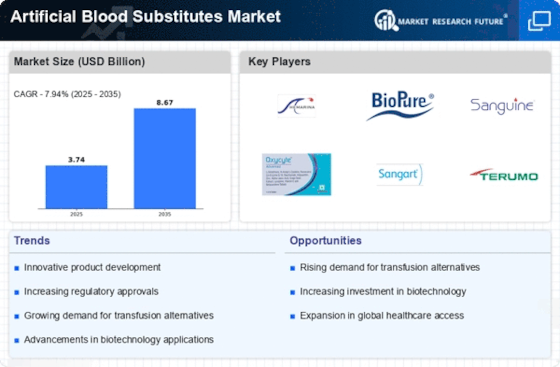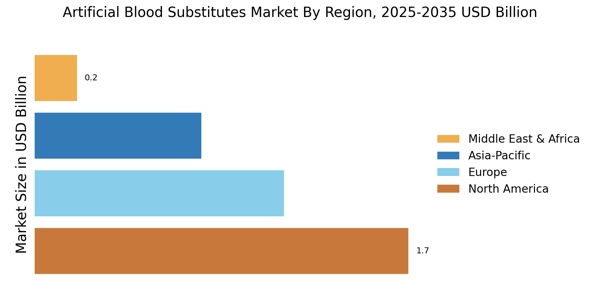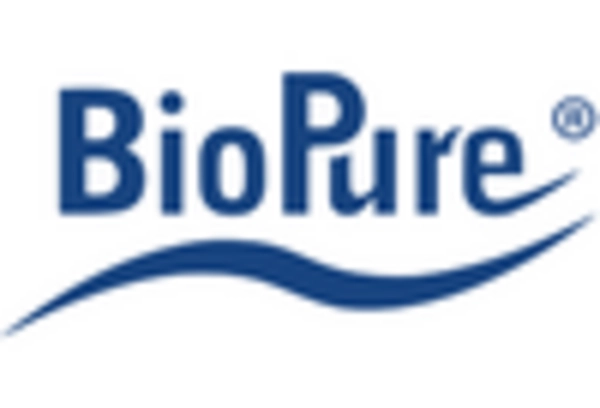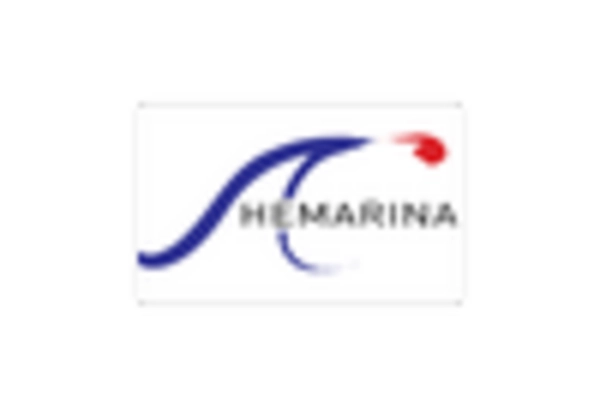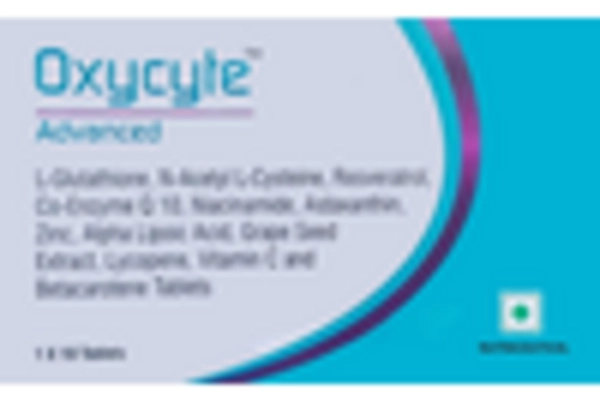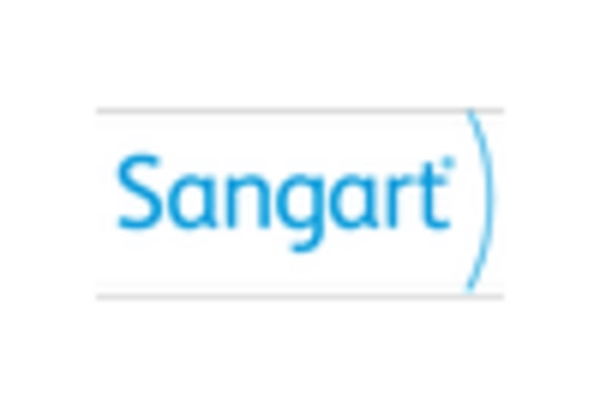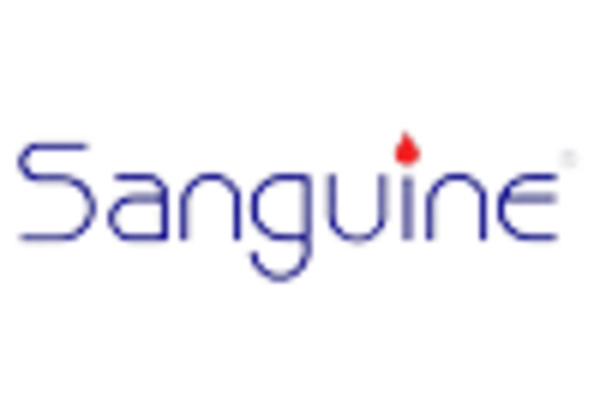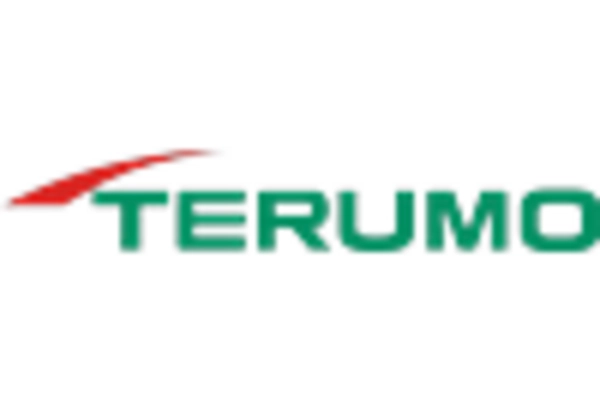Surge in Surgical Procedures
The increasing number of surgical procedures performed worldwide is significantly influencing the Artificial Blood Substitutes Market. With advancements in surgical techniques and an aging population, the demand for blood products during and after surgeries is on the rise. It is estimated that millions of surgeries are conducted annually, many of which require blood transfusions to manage blood loss. Artificial blood substitutes present a viable solution to mitigate the risks associated with blood shortages and transfusion reactions. As hospitals and surgical centers look for alternatives to traditional blood products, the market for artificial substitutes is likely to expand. This trend indicates a shift towards more innovative and safer options in surgical care, further driving the growth of the Artificial Blood Substitutes Market.
Advancements in Biotechnology
Technological advancements in biotechnology are playing a pivotal role in shaping the Artificial Blood Substitutes Market. Innovations in genetic engineering, cell culture techniques, and materials science are enabling the development of more effective and efficient artificial blood products. These advancements are not only improving the functionality of substitutes but also enhancing their safety and compatibility with human physiology. As research continues to evolve, the potential for creating blood substitutes that can mimic the properties of natural blood becomes increasingly feasible. This progress is likely to attract significant investment from both public and private sectors, further propelling the growth of the Artificial Blood Substitutes Market. The intersection of biotechnology and artificial blood development may lead to breakthroughs that redefine transfusion practices.
Growing Awareness of Blood Safety
The increasing awareness surrounding blood safety and the risks associated with blood transfusions is a significant driver for the Artificial Blood Substitutes Market. Concerns about transmissible infections and the potential for adverse reactions have led healthcare professionals and patients to seek safer alternatives. As a result, there is a growing emphasis on developing artificial blood products that can reduce these risks. The market is witnessing a shift towards synthetic and bioengineered blood substitutes that promise enhanced safety profiles. This heightened focus on blood safety is likely to encourage regulatory bodies to support the development and approval of artificial blood products, thereby fostering growth in the Artificial Blood Substitutes Market.
Increasing Prevalence of Blood Disorders
The rising incidence of blood disorders, such as anemia and hemophilia, is a crucial driver for the Artificial Blood Substitutes Market. As these conditions become more prevalent, the demand for effective treatment options escalates. According to recent estimates, millions of individuals are affected by various blood-related ailments, necessitating innovative solutions. Artificial blood substitutes offer a potential alternative to traditional blood transfusions, which are often limited by availability and compatibility issues. This growing patient population is likely to propel investments in research and development, fostering advancements in artificial blood technologies. Consequently, the Artificial Blood Substitutes Market is expected to witness substantial growth as healthcare providers seek to address the needs of patients suffering from these disorders.
Rising Demand in Emergency Medical Services
The escalating demand for artificial blood substitutes in emergency medical services is a notable driver for the Artificial Blood Substitutes Market. In critical situations, such as trauma cases or natural disasters, the need for rapid and effective blood replacement is paramount. Traditional blood supplies may be insufficient or unavailable, highlighting the necessity for reliable alternatives. Artificial blood substitutes can provide immediate solutions in emergency settings, potentially saving lives when every second counts. As emergency medical services continue to evolve and expand, the integration of artificial blood products into their protocols is likely to increase. This trend underscores the importance of innovation in the Artificial Blood Substitutes Market, as it seeks to meet the urgent needs of healthcare providers in high-pressure environments.


